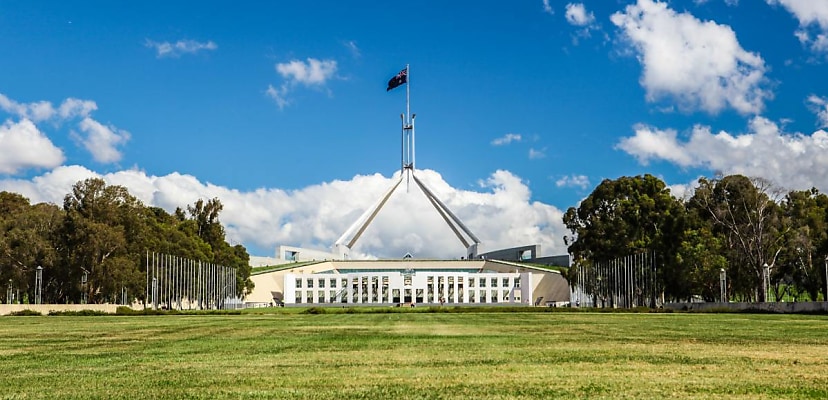Share this article on:
Powered by MOMENTUMMEDIA
Breaking news and updates daily.
The upcoming Australian federal election is set to be influenced by the growing use of artificial intelligence (AI), according to Australian cyber security firm AUCyber.

In its latest Threat Intelligence Report, AUCyber has flagged the dangers that AI-generated content presents in influencing the election through the use of disinformation, deepfakes, and more, just as was observed during the US presidential election last year.
“AI-generated disinformation has escalated globally over the last five years. In 2020, AI powered bots influenced discussions during the U.S. election,” said AUCyber.
“In 2024, Slovakia’s national election was disrupted by deepfake recordings, and earlier that year, voters in the U.S. received AI-cloned robocalls impersonating President Joe Biden.”
As said by AUCyber, threat actors looking to influence the election may use a number of techniques.
AI-generated ads and propaganda designed to look legitimate are a straightforward and effective way to convince voters and sway public discourse. These could be posters of party leaders promoting fake policy or content with the creator’s opposing party promoting something horrible.
On top of this are social media posts and fake news websites. AI-generated news publications are already rampant online and could be created to feed information bias or change opinion under the guise of an independent source, influencing the voting public.
One step further is deepfakes. While Australia does not explicitly have legislation banning deepfakes completely, the Online Safety Act 2021 and the Criminal Code AMendment (Deepfake Sexual Material) Bill 2024 prevent the sharing of sexually explicit deepfakes.
However, deepfakes could be used to spread disinformation that appears to come directly from the mouth of a party leader, celebrity, or significant figurehead, creating powerful influence.
Finally, bot armies that feed comment sections can sway voters by making them feel isolated in their opinions by creating what appears to be “mass consensus” or spread disinformation on a massive level. They can also be used to saturate social media and make finding real information difficult.
“The availability of free AI tools such as ElevenLabs (voice), ChatGPT (text), and D-ID (video avatars) have made it easier than ever,” said AUCyber.
“From hobbyists to hostile actors to extremists, various personnel are producing highly convincing disinformation with little technical knowledge or cost.
“In Australia, the Electoral Integrity Assurance Taskforce (EIAT) and the Australian Cyber Security Centre (ACSC) are closely monitoring local and foreign influence operations and synthetic media across various fields.”
AUCyber said there are a number of ways of combating AI and deepfake material, such as AI-generated labels on YouTube and Meta platforms, video authentication tools, Content Credentials in image metadata, and more.
On an individual level, voters can also be on the lookout for flaws in AI-generated content. Deepfakes, while good, aren’t perfect. Viewers may see issues with voice and lip-sync, use of language, voice accuracy when it comes to figureheads and persons of note, a lack of author information and metadata, and other context.
Users should cross-check claims made in videos with official government sites and policy to ensure that the content is real and not an AI deepfake.
“When in doubt, pause, verify, and cross-check with trusted news sources or official channels,” said AUCyber.
“Pause before sharing emotionally charged political content, especially if it seems too shocking, convenient, or sensational. If it’s too good to be true, it must be!
“Utilise verification tools like InVID to analyse videos, or search for news coverage that supports or debunks the material. Follow the official websites and social media channels of political parties and government agencies for accurate updates.”

Be the first to hear the latest developments in the cyber industry.